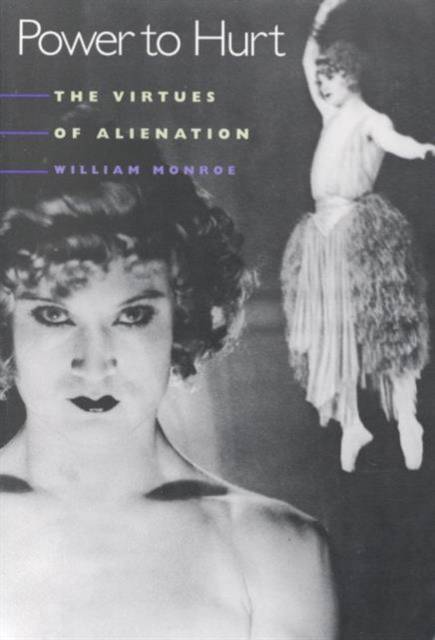
- Afhalen na 1 uur in een winkel met voorraad
- Gratis thuislevering in België vanaf € 30
- Ruim aanbod met 7 miljoen producten
- Afhalen na 1 uur in een winkel met voorraad
- Gratis thuislevering in België vanaf € 30
- Ruim aanbod met 7 miljoen producten
Zoeken
€ 25,45
+ 50 punten
Omschrijving
William Monroe addresses what William J. Bennett ignores in The Book of Virtues: How do readers use literature as "equipment for living"? Tackling modernism and postmodernism, Monroe outlines "virtue criticism," an alternative to current theory. Focusing on works by T. S. Eliot, Vladimir Nabokov, and Donald Barthelme, he demonstrates that these alienistic texts are not just filled with belligerence but are also endowed with virtues, such as trust and the promise of solidarity with the reader. By considering these vital texts as responses to personal situations and institutional practices, Monroe brings literature back to the common reader and shows how it offers functional responses to the dysfunctional situations of modern life. Readers interested in literary criticism, American culture, and the relationship between ethics and literature will be fascinated by virtue criticism and this fresh look at the virtues and vices of alienation. Chosen as a Choice Magazine's Outstanding Academic Book for 1999.
Specificaties
Betrokkenen
- Auteur(s):
- Uitgeverij:
Inhoud
- Aantal bladzijden:
- 256
- Taal:
- Engels
- Reeks:
Eigenschappen
- Productcode (EAN):
- 9780252066573
- Verschijningsdatum:
- 1/01/1998
- Uitvoering:
- Paperback
- Formaat:
- Trade paperback (VS)
- Afmetingen:
- 152 mm x 227 mm
- Gewicht:
- 381 g

Alleen bij Standaard Boekhandel
+ 50 punten op je klantenkaart van Standaard Boekhandel
Beoordelingen
We publiceren alleen reviews die voldoen aan de voorwaarden voor reviews. Bekijk onze voorwaarden voor reviews.











